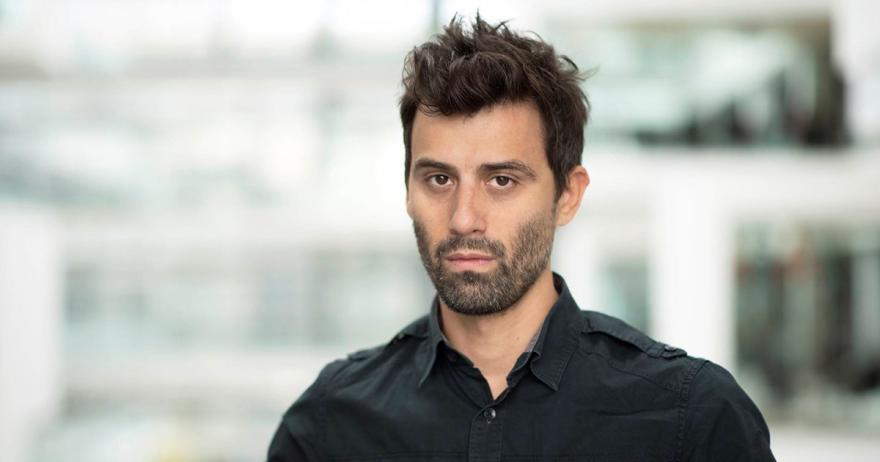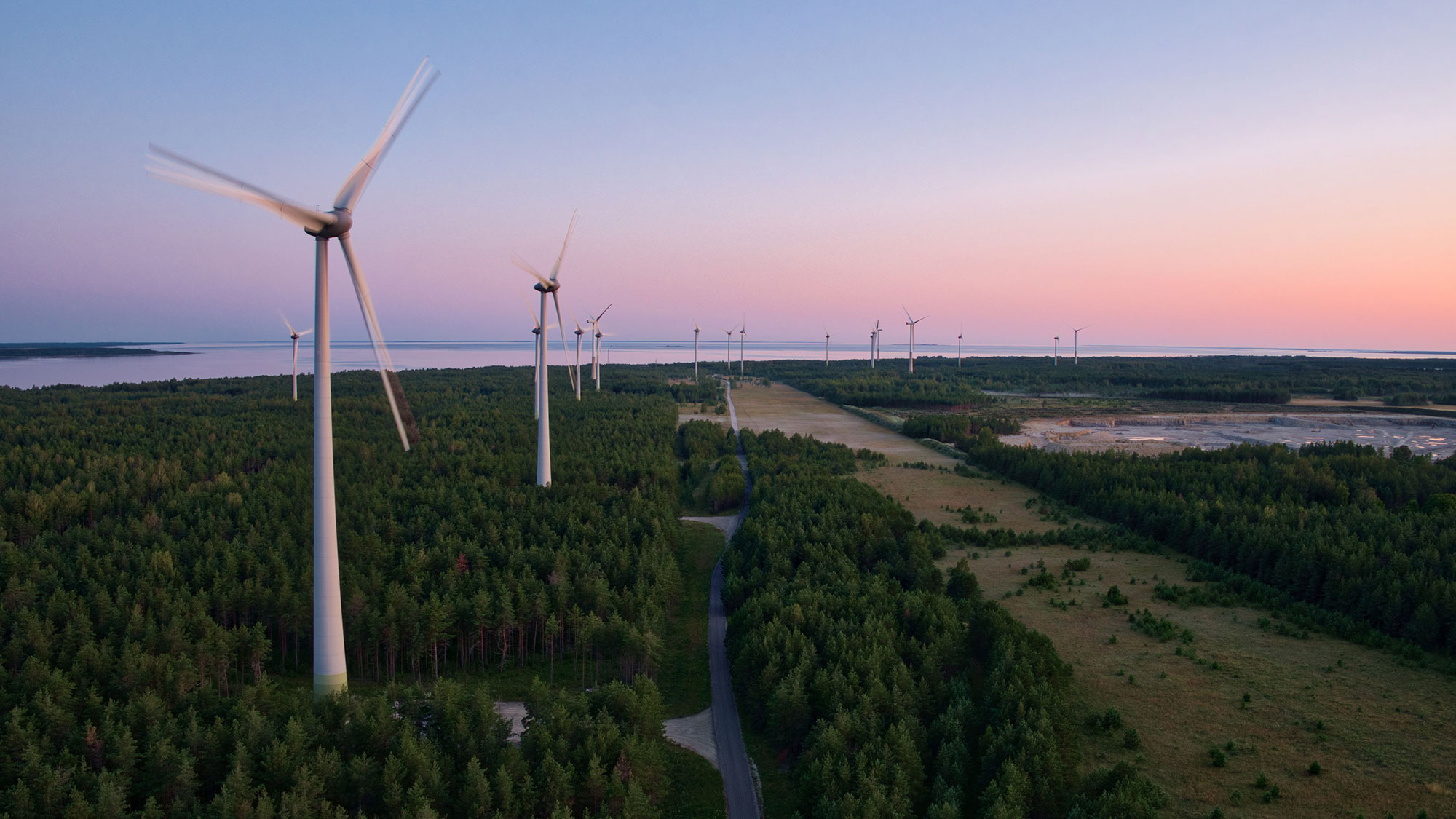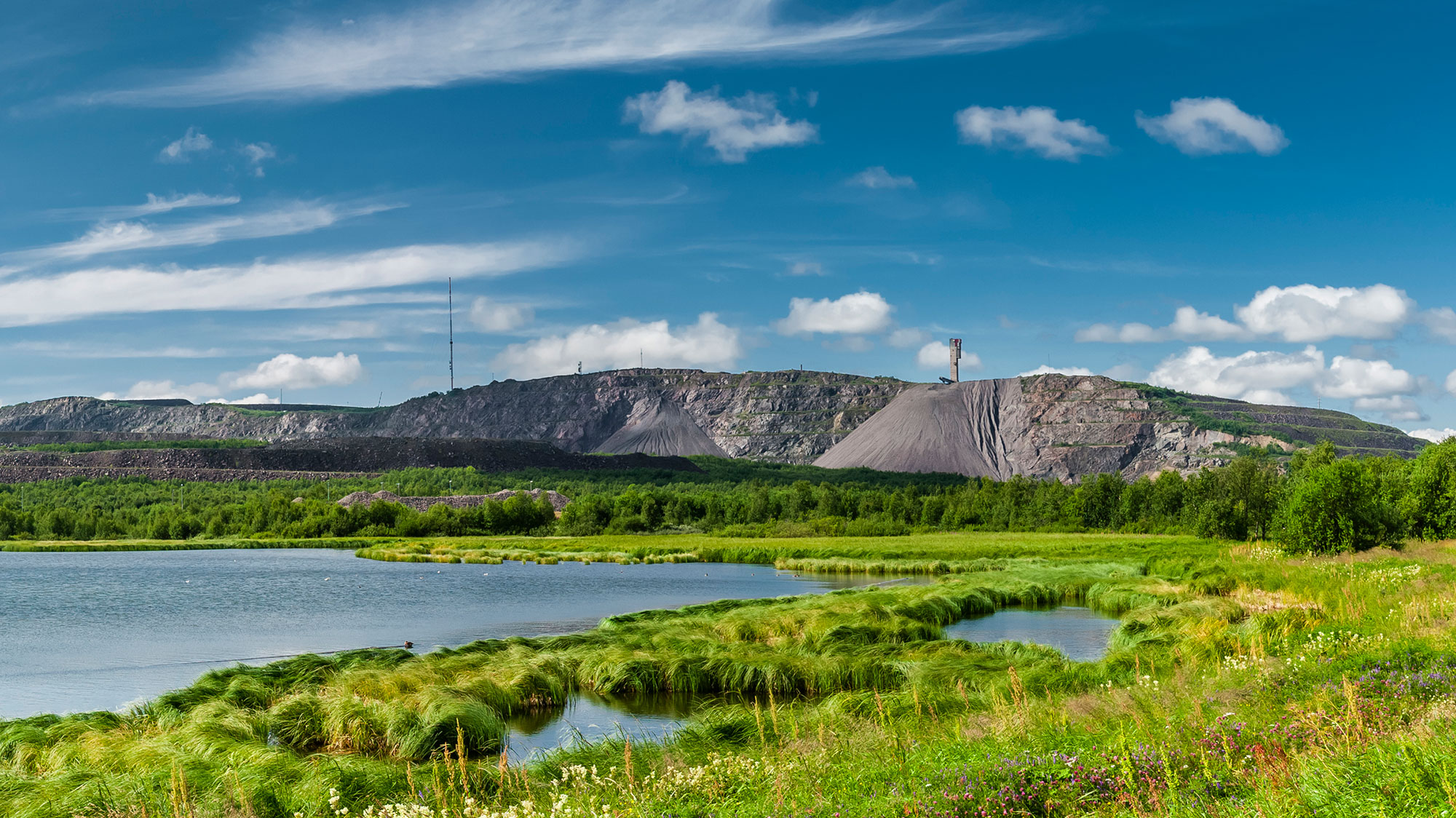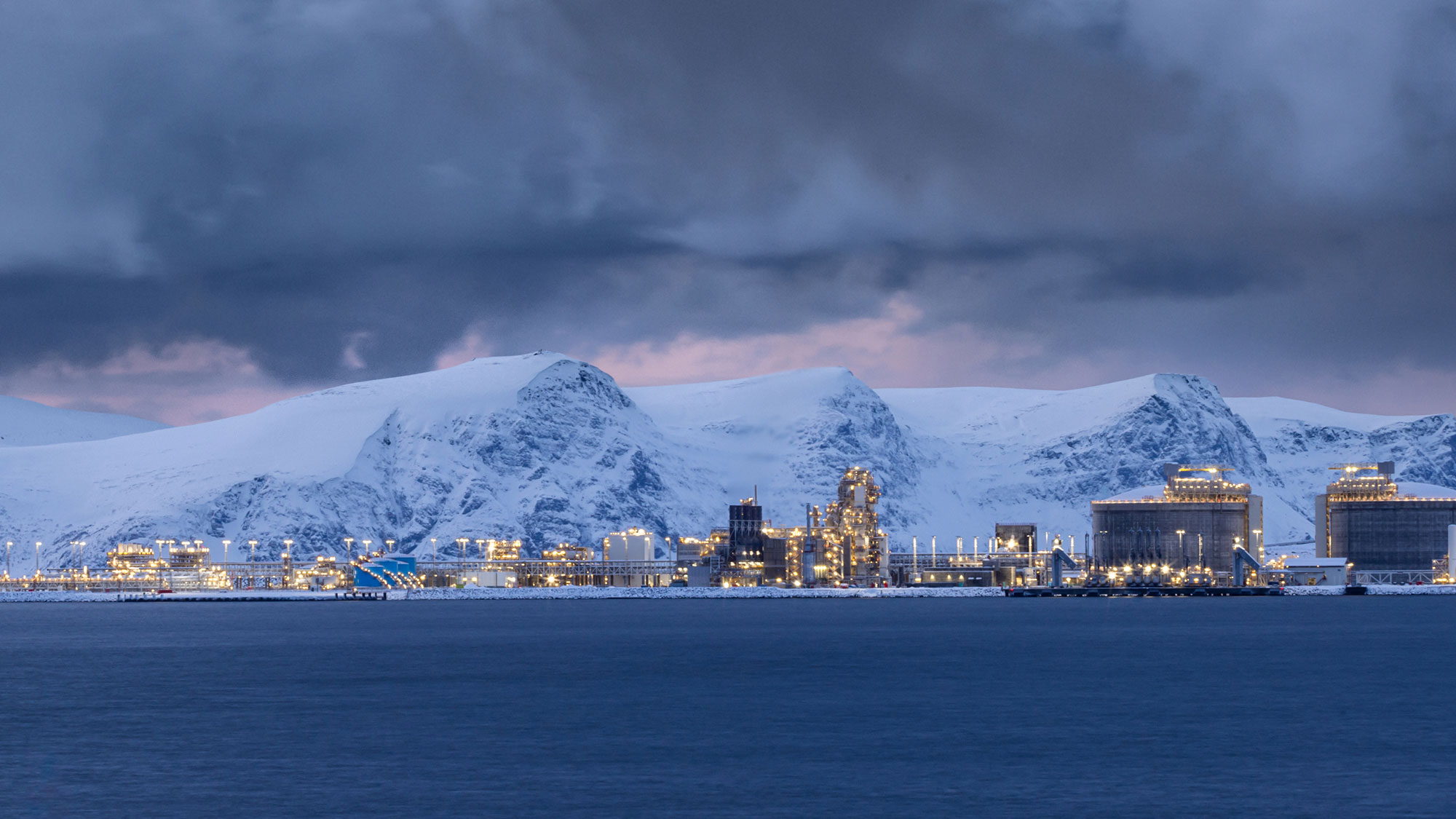According to researchers in the EnJUSTICE project, many green initiatives still fail to adequately consider Indigenous and local communities. This means that communities, often living closest to the natural resources targeted by green projects, may find their perspectives, ways of life, and knowledge systems excluded from decision-making processes.
“Current power imbalances and unequal representation make a just energy transition extremely challenging,” says Vasilis Galis, leader of the EnJUSTICE project.
Galis and his colleagues highlight the importance of including Indigenous and local communities in the Nordic-Baltic region’s green transition. If they are not included, society risks exacerbating historical injustices and creating new forms of environmental inequality.
By focusing on Indigenous and grassroots communities, the project aims to reshape the debate on the green transition, with greater attention on equality, justice, and democratic participation.
“By partnering with Indigenous and local grassroots communities, we hope to create a more holistic understanding of environmental justice and inform the Nordic approach to green transition,” says Galis.

Transforming society
The full name of the project is ‘Transformative environmental justice’, a term often used in research on the green transition. This concept is based on the recognition that historically marginalised groups have been subjected to discrimination and oppression, and seeks societal change by empowering underrepresented groups in the environmental debate.
What distinguishes transformative environmental justice practices from energy policies and research is that the latter often favours approaches that view citizens primarily as passive actors. This project, however, starts from the perspectives of marginalised and excluded communities to understand environmental justice and sustainability.
In this way, the green transition is not just about reducing carbon emissions or implementing renewable energy—it is about transforming society in a way that ensures justice for all.
Partnerships and knowledge sharing
Through partnerships with Indigenous and local communities, EnJUSTICE will explore how these groups can actively shape policies that affect their lands and lives, ensuring that the green transition reflects their knowledge, needs, and ambitions.
The project also aims to promote cross-border collaboration and knowledge exchange and to contribute to the development of policy solutions that are both environmentally sustainable and socially just.
To achieve these aims, the project will feature an online forum for community partners to communicate directly and exchange best practices.
“Given the geographical spread of the Indigenous and grassroots communities we aim to collaborate with, an important objective is to develop a digital platform that will facilitate the exchange of communication, knowledge, and politics among these communities ,” says Galis.
Nordic and Baltic Case Studies
EnJUSTICE will conduct five case studies across Sweden, Norway, Finland, Greenland, and Lithuania:
- Extraction of rare earth elements in Kiruna, Sweden.
- Electrification of the Melkøya gas plant in Norway.
- Wind farm development in northern Norway, which faces opposition from Sámi groups in Finland and Norway.
- The Kvanefjeld mining project in Greenland.
- Wind farm development in Lithuania.
Transformative environmental justice (EnJUSTICE)
Project starting in 2025, funded through NordForsk's Green Transition initiative.
The project involves researchers from the following institutions:
- IT University of Copenhagen, Denmark
- Lund University, Sweden
- Mykolas Romeris University, Lithuania
- Finnish Environment Institute, Finland
- University of Oslo, Norway








